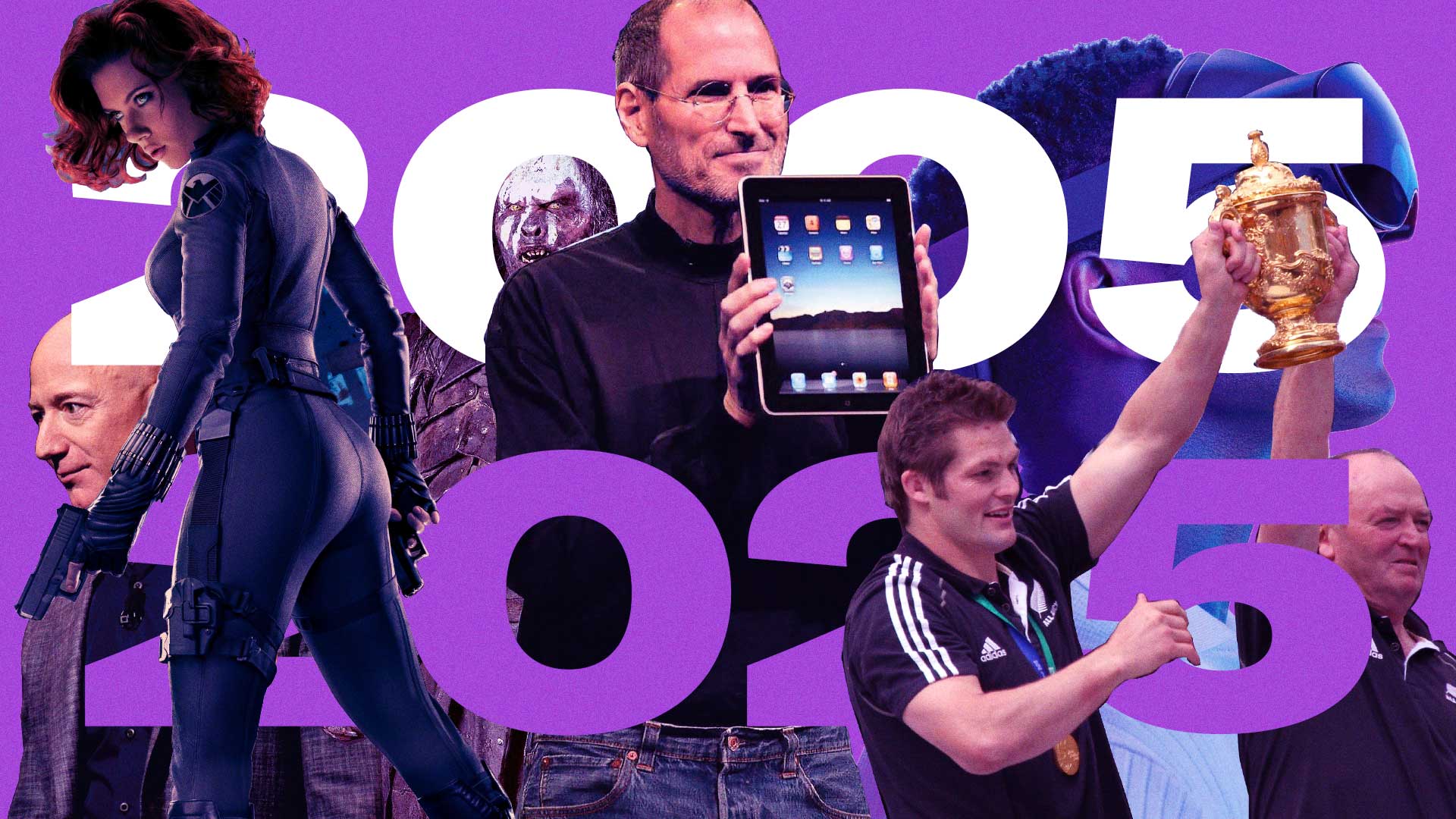

**Apple vs. EU: The Ongoing Clash Over the Digital Markets Act**
Just a few days after Apple accused Epic Games of attempting to capitalize on a free ride in one antitrust matter, the company remains embroiled in a verbal conflict with the European Union (EU) over another issue. In a recent court session concerning the legality of the Digital Markets Act (DMA), Apple’s attorney claimed that the legislation imposes “extremely burdensome and invasive obligations” on the company. Conversely, the EU asserts that Apple seeks “unfettered control” to ensnare users and attain “excessive profits.”
### A Brief Overview of Apple and the DMA
The Digital Markets Act is a pivotal piece of antitrust legislation in Europe that identifies certain tech companies as “gatekeepers.” This classification is based on their market supremacy, enabling them to stifle competition. Apple was designated as a gatekeeper due to its extensive user base and monopoly over iPhone app sales. Consequently, Apple was required to permit users to buy and sell iPhone apps outside of its own App Store, resulting in the rise of several alternative app stores for iPhone applications.
Moreover, the DMA mandates that if Apple rolls out new features for its hardware, such as AirPods, it must also extend these features to third-party hardware companies. Apple has voiced apprehensions that this requirement introduces significant privacy concerns, claiming it has resulted in delays in rolling out new features within the EU.
### Latest Court Updates
Recent reports suggested that Apple was nearing a settlement with the EU regarding infractions of the Digital Markets Act. However, this does not indicate that Apple is relinquishing its attempts to have the law nullified or extensively amended. The ongoing court case in the EU General Court in Luxembourg has seen Apple’s attorney, Daniel Beard, assert that the DMA imposes obligations that clash with Apple’s rights in the EU marketplace. Beard highlighted that the DMA fails to recognize the importance of property rights and privacy, which are vital for EU citizens.
In rebuttal, EU commission lawyer Paul-John Loewenthal countered Apple’s assertions, stating that the company’s “unfettered control” over the iPhone has allowed it to generate disproportionate profits. Loewenthal noted that Apple regulates access to its ecosystem, effectively locking in more than a third of European smartphone users.
### Conclusion
The dispute between Apple and the EU regarding the Digital Markets Act underscores the persistent friction between regulatory authorities and major tech firms. As the legal proceedings unfold, both parties are anticipated to uphold their stances, resulting in further advancements in this notable legal conflict. The result of this case could have extensive ramifications for the tech sector and the regulatory framework in Europe.